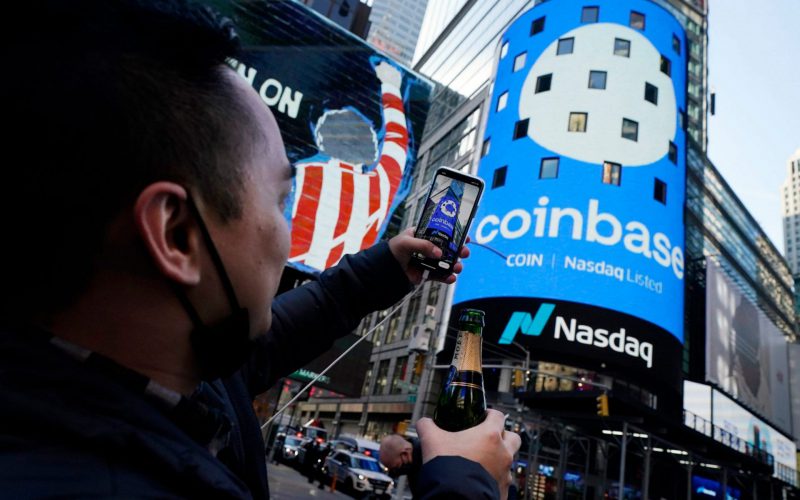Coinbase, one of the largest and most popular exchanges in the world, has added BNB and Avalanche to the list of supported networks where users can store and swap tokens.
Coinbase stated in an official medium blog post that the new capability will provide users access to “thousands of tokens,” which is more than most traditional centralized exchanges can offer.
With the addition of BNB Chain (BNB) and Avalanche (AVAX), there are now four supported networks, including Ethereum (ETH) and Polygon (MATIC). Coinbase’s own in-app decentralized exchange (DEX) is available on all four networks, to wallet users who want to trade on-chain.
Coinbase previously only had 173 tokens available to its users. The addition of BNB and Avalanche networks will bring this number to the thousands. The exchange indicated that in the following months, they will expand the number of networks on which swaps may be conducted.
Can we trust Coinbase’s new listings?
Although expansion is a good sign, it is not always without issues. Coinbase has met criticism in the past for including assets that had the potential of being rug pulls.
Coinbase had only recently updated its listing procedure to be more transparent and listings were made public only once formal decisions were taken. The exchange said in a blog post that it is establishing new processes that will prevent investors from guessing if the exchange is contemplating new token listings. Rather than revealing a list of tokens under consideration in advance, it would only announce a new listing once an affirmative decision has been reached.
However, even the new listing procedure was not enough to keep the exchange from facing the heat. Under the alias ‘Cobie,’ a vocal crypto proponent slammed Coinbase’s standards, vetting out sketchy projects including Big Data Protocol, Student Coin, and Polkamon, none of which had gained traction in the crypto world, but saw a spike as soon as Coinbase released their list of tokens to be introduced on the exchange.
Coinbase may be seeking to learn from its previous blunders that exposed the company to unwelcome scrutiny. Insider trading continues to be a problem for regulators, who may find their job simpler if exchanges performed more due diligence.





